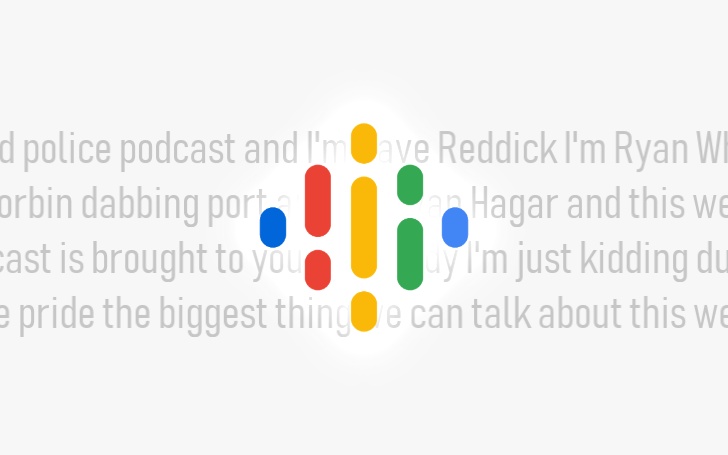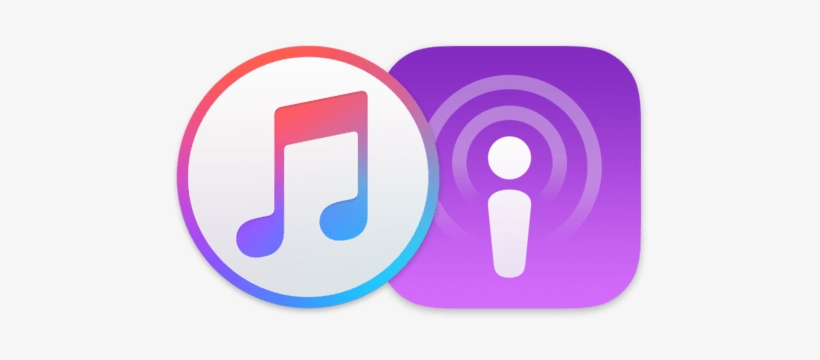Transcripts have often been thought of as an optional element of a podcast, but we’re here to tell you that this is no longer the case. Google Podcasts is now automatically generating transcripts of episodes and is using them as metadata to help listeners search for shows – even if they don’t know the title or when it was published. Changes have also been made by Apple, so podcasts are expected to become more useful and accessible all round with the help of transcripts.
Podcasts are supposed to be listened to, of course, but changes mean that you soon may be able to read them, too. The feature has not been rolled out to the public yet, but it’s better for businesses to get on board with this sooner rather than later.
Google Says…
Google is developing a feature that will allow users to tap a Closed Captioning button on their smartphones while listening to a podcast so that they will see a transcript that syncs up with the audio. This means users will be able to listen to and read podcasts at the same time, which could be very useful in certain situations.
Google has been working on voice recognition software for years, so it’s obviously an important component of the company’s Google assistant software which can respond to voice commands and questions. Google already offers automated closed-captions for some YouTube videos, so this change to podcasts doesn’t exactly come as a huge surprise.
If you’ve ever attempted to read transcripts on these videos, however, you will have noticed that the results aren’t the best. That being said, there will definitely be certain situations where this will come in useful for a podcast.
How Are Transcripts Helpful?
Adding transcripts to your podcast is beneficial and helpful in so many levels.
For example, if you’re listening to a podcast in a noisy environment and you don’t have noise cancelling headphones, you may not be able to make out what is being said on the show. Transcripts will allow you to look at your phone and see what you missed, rather than have to rewind or kill your hearing by cranking up the sound.
Transcripts could also make it easier for users to find a specific part of the podcast that they want to listen to again. It’ll be much easier to find the part that users are looking for visually, rather than trying to find it by listening for it.
Plus, once a podcast has been converted into a text format, it will be possible to search by keyword and start playing the section you’re looking for from there – however, Google may not add that functionality right away. Still, the idea of it is definitely an exciting one for many podcast listeners.
Transcripts can also potentially make podcasts more accessible for people who might not have been able to enjoy them otherwise, such as those who are hard of hearing or people who do not speak the same language. It isn’t known yet whether Google will offer translation, but they brought us Google Translate, so anything could be possible! Another feature that could be rolled out is ‘explore topics in this episode’ set of search suggestions.
Transcripts could be a great method for looking for shows you don’t remember much about other than the subject matter, or even a memorable quote. Could this make clips of these shows shareable as YouTube videos from TV programs or movies? Potentially.
The Downside?
Although this will be a positive change for many, podcast transcriptions might not appeal to everybody. People tend to talk differently to how they write, and speech patterns may not translate well to words that have been written down. This is why many great podcasts wouldn’t make nearly as good books. Somebody might look at a transcription to see if they want to listen to the podcast, and be turned off if the writing doesn’t immediately look good. This is potentially one of the only downsides to the change.
This and the fact that automated transcripts are not exactly accurate.
Apple Transcript Search
Apple has also recently announced changes to podcasts along with their news of discontinuing iTunes as we know it. Apple says that the transcript search will come to “selected top shows” at first, and expand as time progresses. The company also says that show and episode pages will display images of hosts and guests with Podcasts in iOS 13.
Apple podcasts will now allow listeners to discover shows based on audio transcripts, topics, and people. Features will first be available for selected top shows in English, and more shows will be added later on this year. You can review the latest Terms of Service in order for your show to be eligible if you need to know how this will affect you.
Apple also says that later this summer, it is adding new top-level categories for things such as Fiction, History, and True Crime. Some categories will be renamed, and they will also add some new subcategories. This could mean changing your subcategory if your podcast is currently in one of the subcategories to be removed or changed.
In Conclusion…
It’s clear to see that podcasts are changing and evolving, and the aim is to make them more accessible for all. Both Google and Apple are making the necessary changes to allow people to easily search for the podcast they want to listen to, and ensure they can follow along with ease.
Some podcasters may be worried that this will negatively impact their podcasts, but the changes of this happening are slim. Chances are, you will gain new listeners and a larger following from the changes, providing you stay up to date and make any necessary changes required to keep people coming back and able to find your podcast when they are looking for the subject matter.




 We are committed to serving the podcasting community by creating meaningful content, useful tools, and high-quality services that make podcasting more fun and rewarding.
We are committed to serving the podcasting community by creating meaningful content, useful tools, and high-quality services that make podcasting more fun and rewarding.